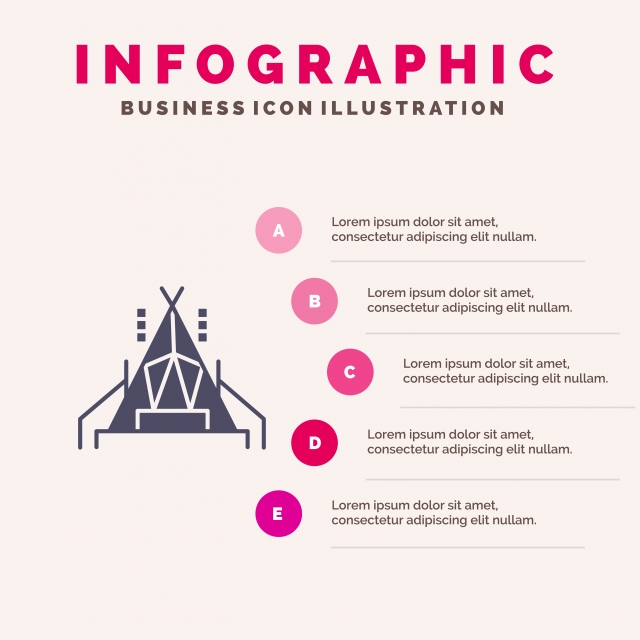Polyester fabric discovers a varied series of applications throughout the garment industry. Whether you're an artist searching for a steady paint surface area or a supplier looking for solid decorative materials, polyester canvas provides the best balance of stamina, versatility and green qualities.
Nonetheless, some people favor cotton for its breathability and softness. Garment designers may wish to consider a 50/50 Cotton/Polyester blend for tasks that require both longevity and comfort.
Price
Cotton canvas is more costly than polyester as a result of its resource-intensive growing procedure. It also needs mindful handling and storage to protect its top quality in time. These included expenses can drive up the total cost of production for musicians and manufacturers.
One more downside to cotton canvas is its susceptibility to fading and damage from UV direct exposure. This can lead to decreased shade vibrancy over time and a loss of structural stability, specifically in areas that experience regular call or hefty load-bearing.
In comparison, polyester is a synthetic fiber that's crafted for uniformity and resilience. This makes it a much more cost-efficient choice for producers and purchasers, specifically in locations where longevity is a top concern. The product's toughness also provides enhanced resistance to creases and fracturing over time. The synthetic nature of polyester, nevertheless, can leave a bigger ecological impact than cotton canvas if it's not sourced from organic or low-impact systems. This is an essential consideration for companies pursuing sustainability and eco-conscious branding.
Longevity
In the market for canvas rolls, buyers deal with a wide array of alternatives with completing top priorities. Cotton offers natural texture and breathability, suitable for brands focused on sustainability and artisan workmanship. Polyester, on the other hand, provides a well balanced mix of toughness and security and printing efficiency with shade vibrancy and longevity.
Inevitably, the textile you choose for your products have to mirror the leading concepts of your brand name tale messenger bag and worths. While cotton can give a costs visual, it's additionally vulnerable to contraction and upkeep prices, while polyester makes it possible for far better manufacturing effectiveness and long-lasting expense efficiency.
Both materials are durable and carry out well in damp atmospheres, however their contrasting qualities make them suitable for various applications. Cotton canvas is extra breathable, reducing the danger of mold and mildew in areas with high humidity. Polyester, on the other hand, is waterproof and dries out quickly in settings where dampness can be bothersome. This can reduce the threat of moisture build-up in the fabric, protecting against bending or rot in your item with time.
Convenience
When reviewing textile choices for your brand-- whether you're starting a workwear line or a cozy loungewear brand name-- the sort of cotton or polyester canvas you select effects how your items look, really feel, and put on. While all canvas types support print-on-demand and offer high form security, they vary in color discussion and printing toughness, comfort, and sustainability.
Cotton and cotton-polyester blends offer a soft appearance, all-natural organic appearance, and superior heat equilibrium compared to synthetic alternatives. Cotton's fibers wick dampness away from the skin and allow warmth to get away, making it optimal for clothes that calls for long term wear in warm environments.
On the other hand, polyester's artificial nature and petroleum-based manufacturing process have an adverse energy balance, which can make it much less environmentally friendly than cotton in the long run. Polyester's abrasion resistance and water-repellency are superb, nevertheless, which makes it the excellent option for heavy lots or extreme weather conditions like rainstorms or aquatic settings.
Environmental Influence
Whether selecting cotton or polyester, the ideal product for customized manufacturing relies on product efficiency goals. Toughness, sturdiness, and longevity are very important elements when making products that will certainly withstand repetitive abrasion, hefty load-bearing, or high stress factors. Water resistance, seam stability, and UV stability are likewise crucial to lasting success in outdoor and wet environments.
While both textiles can carry out well in these locations, their environmental influence is somewhat various. Cotton's natural, breathable building and construction needs dramatically much more sources for growing than polyester's artificial fibers.
When choosing an ecologically sustainable material, consider a large range of influence evaluation approaches to gauge the complete ecological footprint of your item. Some focus on particular influences (like global warming capacity, water usage, and scarcity) while others count on more alternative assessments like Dish, ILCD, CML, and Eco-indicator 99.
